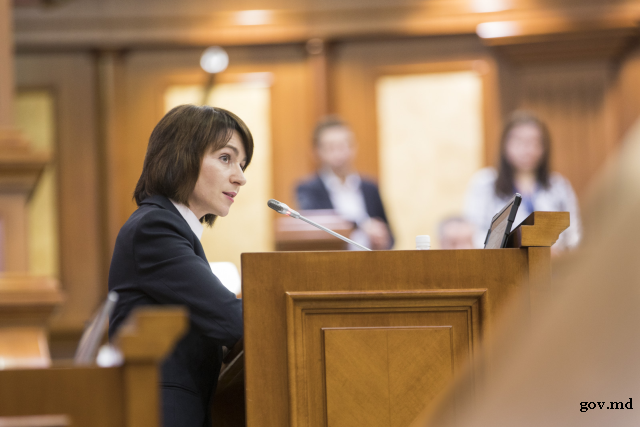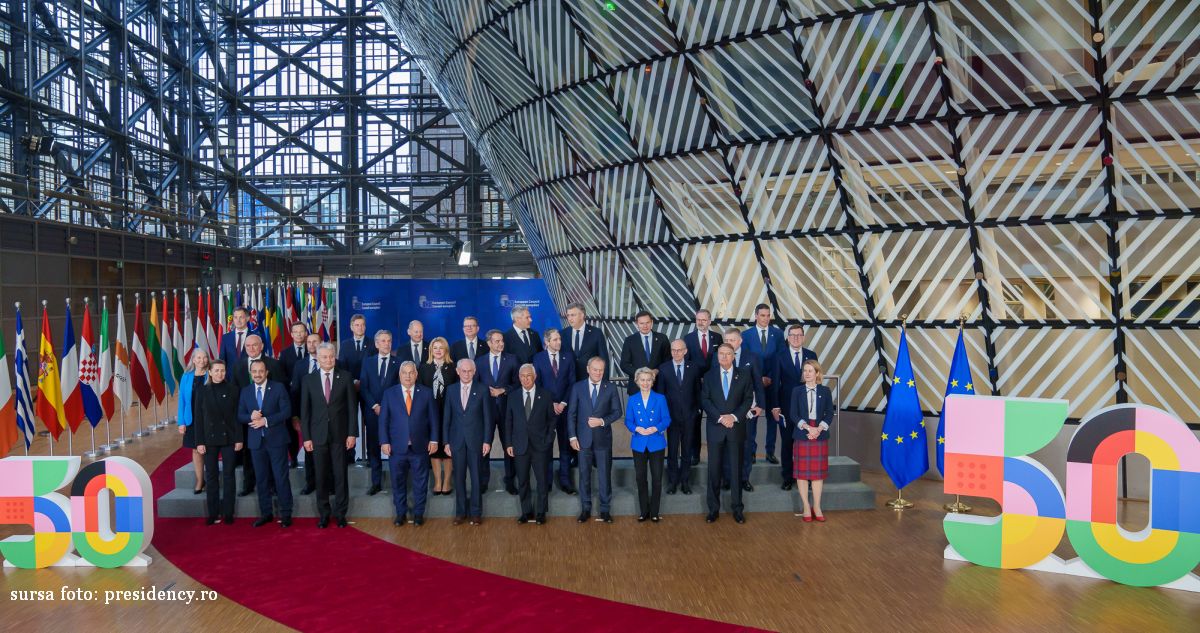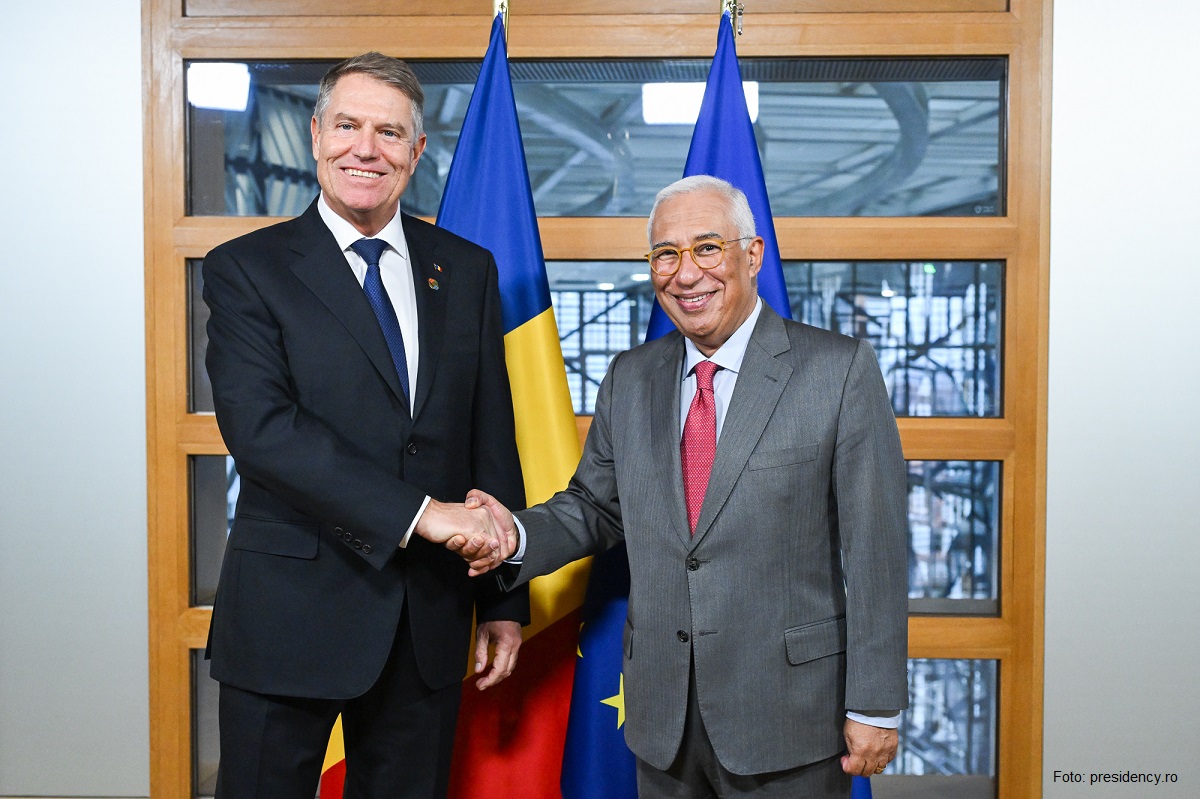A new political crisis in the Republic of Moldova
Moldovas Government dismissed after losing no-confidence vote in Parliament.

Bogdan Matei, 13.11.2019, 13:50
After less than six months in power, Maia Sandu’s government has been toppled through a no-confidence vote in parliament. A total of 63 out of 101 lawmakers voted against Sandus government, as deputies from the Democratic Party of Moldova (PDM), which was led, until recently, by the unpopular oligarch Vlad Plahotniuc, joined colleagues from the pro-Russian Moldovan Socialist Party (PSRM), led by the country’s president, Igor Dodon, to topple the government. Already undermined by the competition over the position of Chisinau mayor, won by a pro-Russian, the ties between the pro-Russian bloc ACUM and the Socialist Party further deteriorated after PM Maia Sandu changed the procedure for appointing the prosecutor-general, under which the prime minister would nominate candidates for the position.
Pundits have expected the pro-Russians to attack a cabinet dominated by pro-Europeans, but in which Dodon had managed to impose two of his people at the helm of key ministries. In her latest speech in parliament, Maia Sandu said her Cabinet managed to raise the salaries of certain categories of people and start a thorough reform of the judiciary. She pointed out that, in only five months in power, the government drew over 100 million euros in financial assistance and that Moldova was to receive another 30 million euros from the EU, by year-end, which was vital for a country seen as the poorest in Europe.
Brussels has reacted soon after the government’s demise. EU spokeswoman Maja Kocijancic has said that the vote of no-confidence in the government of the Republic of Moldova, over questions concerning the recruitment process of the Prosecutor General, sends worrying signals for the reform process in the country. “We will continue to base our relationship with the Republic of Moldova on the principle of conditionality and respect for the rule of law and democratic standards,” the EU spokesperson went on to say, adding that that “the need for such reforms has not gone away with the voting down of the government.”
In Romania, President Klaus Iohannis has warned that, in the present context, Romania’s support for Moldova, including financial support, will be strictly conditioned by the continuation of reforms, while PM Ludovic Orban has said that the Romanian government is not willing to cooperate with a Moldovan government that does not offer serious guarantees for a genuine democracy. If a new government is not endorsed in three months, President Dodon can dissolve parliament and call early elections, which, according to analysts could increase the number of Socialists in parliament, thus allowing them to seize all instruments of power. (Translated by Elena Enache)






























